The Road To Success
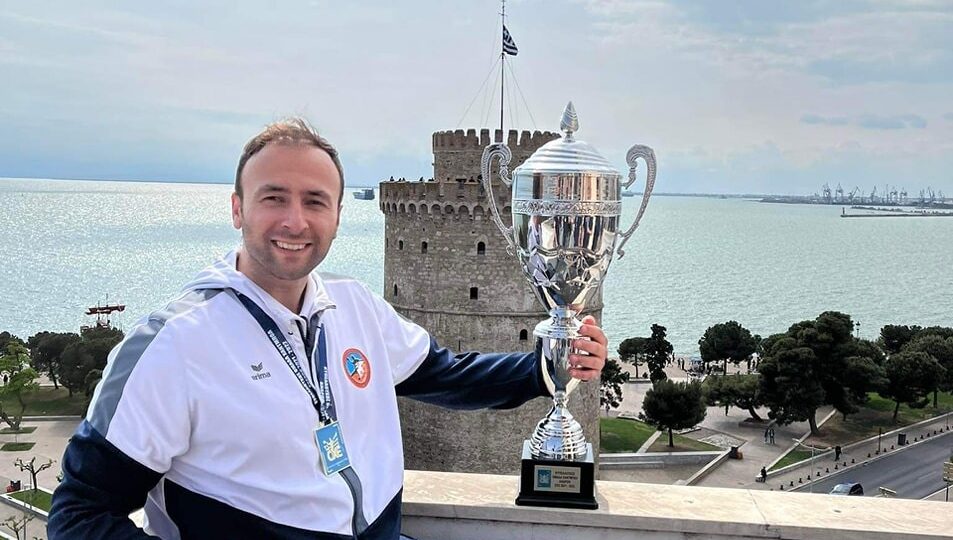
Summary
The requirements of competitive sport at the competition phase or on the day of the game are summarized in two words: Energy and Concentration. Two concepts that affect each other and create the conditions for the ideal performance.
The energy that the athlete is called to “take out” in the game is the necessary element to achieve his goal. It refers to the athlete who is activated, in mental and physical readiness, with intense effort and perseverance, being in the best possible condition. It includes all the physical elements, which have been trained during the year and give the athlete the opportunity to perform his best. Although in the first phase it is considered a result of the athlete’s physical condition and physiology, the release of energy is largely related to his psychospiritual condition. Factors that determine the amount of energy that the athlete will “allocate” to the game are his mood and desire to compete, the goal set and the “whys” to compete. Without a goal there is no direction and way for the athlete to translate his work into activation. His mood is affected by his possible stress, the doubts he may have developed about his level of readiness, the fear of fatigue and the lack of self-confidence.
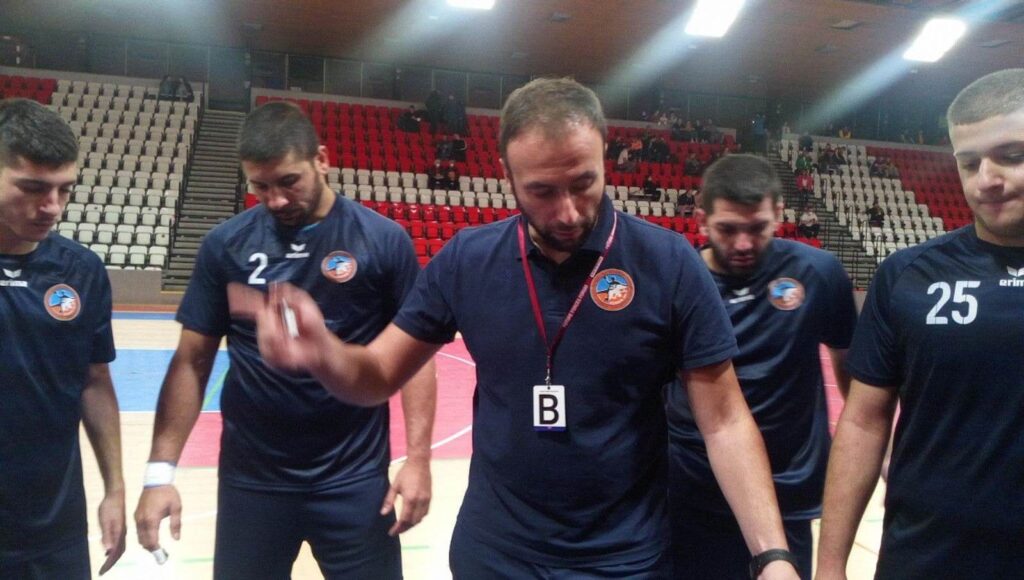
When the athlete has succeeded in accumulating energy then the “only” remaining condition is to be concentrated. It is possible that he has done good preparation, but this will not lead to his potential performance, for he has not been able to concentrate.
It is necessary to point out that concentration is not a process of the pregame’s last week: it follows a gradually evolving situation, the highlight of which, is the game. In order to be able to concentrate 100% during the pregame’s last week, it is necessary to be a week earlier at your 99%!
The achievement of concentration is perhaps the most difficult “technical” element that the athlete has to work mentally. However, it can be worked and developed. But it requires desire and a plan! It requires mental work during preparation. The factors that affect concentration are several, it is inextricably linked to mood as the emotionally positive athlete concentrates more easily and beneficially than the athlete with doubts and negative thoughts.
Routine Before The Game
A frequent mistake made by many, even more experienced athletes, is to deal all day long, especially as the match approaches, with their individual tactics, with their role on the field, with the opponent players, with all the external factors that they will encounter making the picture and generally everything that has to do with the match. Of course, you should get all the necessary information, have planned and consolidated your strategy but avoid getting into this obsessive process because the only thing that will cause you is more stress and insecurity. Relax by reading a book, watching movies, watching friends or other hobbies, that will help or just continue your routine, your everyday life to help your mind escape.
So, in the days before the race you don’t have to quarantine or spend all your day in bed. Make your own schedule. Remember that the abrupt change in your daily life for the whole week may cause you the opposite results from what you would expect!
“Relax by reading a book, watching movies, watching friends or other hobbies, that will help or just continue your routine, your everyday life to help your mind escape.
Positive Thoughts
It is humanly impossible, no matter how hard you try, not to think about the game during the last week. But focus on the beautiful and positive emotions that a game causes, such as the moment of the end and why not when winning a trophy. Think about the emotion, the joy and the satisfaction you will feel in a similar situation and how you will very soon experience these moments. On the other hand, avoid constantly thinking about the difficult parts of the game, the fatigue and the stress they cause as they will poison your psychology. Look for motivations and reasons that will bring your best self to the surface and give you strength during difficult times!
The last week of the game is most of the time full of anticipation, anxiety and… enough free time, since the workouts should have been noticeably reduced. Everyone is waiting for the game to come and counting down the days. But it is also 7 days of your life, which – to look at it a little philosophically – if they pass will never go back.
In short, do not rush to get through them quickly! They are also part of the route that will help you achieve your goals, they are also part of the experience that will teach you things, they are also days of your life and you should enjoy every moment and every second! Live them!
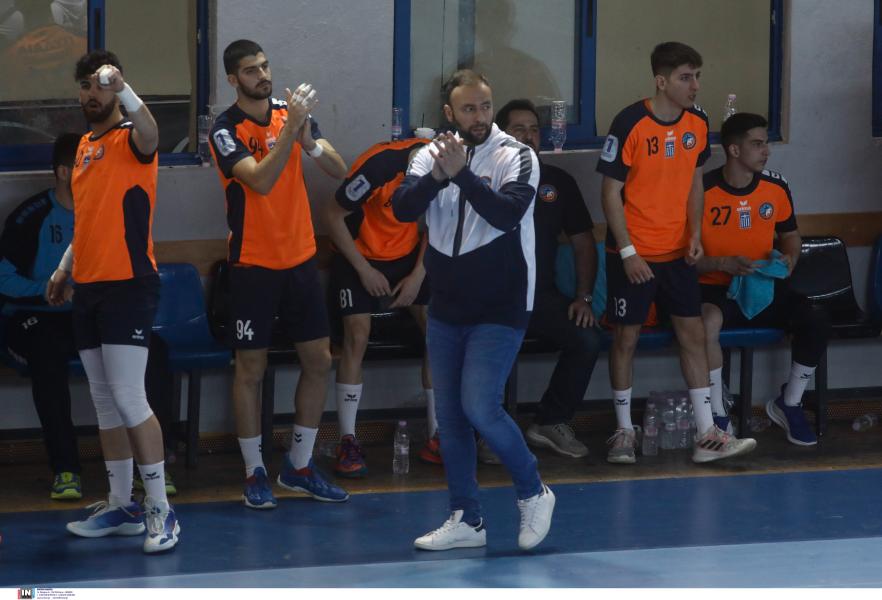
Motivation
The motives push the person acting from the inside or draw him acting from the outside. Motives, therefore, are both the internal causes of behavior, such as instincts, urges, purposes, desires or intentions, emotions, various emotional situations, as well as external causes, such as rewards, lures or bogeymen or repulsive irritations.
The inner motivations are:
• the pleasure that the athlete feels when he is involved in the sport
• the satisfaction he experiences as he tries to achieve or create something (need to achieve)
• the love for action
• the need for contact with other people and the desire to belong to a wider group of people
• the feelings of self-realization
External motivations usually refer to rewards from the environment such as:
• praise
• prizes
• medals
• material rewards
• the relationship with the coach
• the relationship with important people in life (e.g. parents)
“Even as a joke, but in the back of our minds we thought about it very seriously, imagining the picture, we dreamed of winning the trophy.
Achieving A Miracle
The qualification for the first time in the final four of the men’s cup brought to the team great euphoria at all levels. Every day in the training sessions, I saw that the team had a great thirst for distinction. What I constantly mentioned to our athletes was that individual distinction – recognition would come only through group distinction. The “I” of each player had to be put under the “we” of the team, as coach Gregg Popovich says “no man is an island”, “No player is an island, no one walks alone; when I put something in the lives of others, then it returns to my own life. “
My own theory about the control of the team is that I consider the players partners and I am against the stereotype of the authoritarian coach. Through the basic principles that govern a team, there is a very good channel of communication between players and coach, respect and trust both-ways and that in the end we will live the same moments together, whether there are positive or negative ones. I think that in this way you receive the maximum possible performance of the athlete.
Where we had to focus, due to the low age average of the athletes, was on mental hardness. As coach Phil Jackson says “All the players run and lift weights. But they must also exercise their spirits.” We wanted them to be able to think with clear mind even when things would go wrong. Respecting every team we would face – anyway we were the big outsider of the event – without the feeling of fear, seeing each game as a very big challenge. Also something very important is that we focused on the positive side of things and did not bring to our minds at all the negative side.
Even as a joke, but in the back of our minds we thought about it very seriously, imagining the picture, we dreamed of winning the trophy.
A very big role was played by the external incentives given by the management such as a European ticket bonus, a trophy winning bonus, some incentives related to the competition – which must stay in the locker room – and of course the internal motives (desire, the feeling, the intention) that motivated each player to have the maximum possible performance.
Charalampos Ananiadis, Head Coach Pylaia H.C.
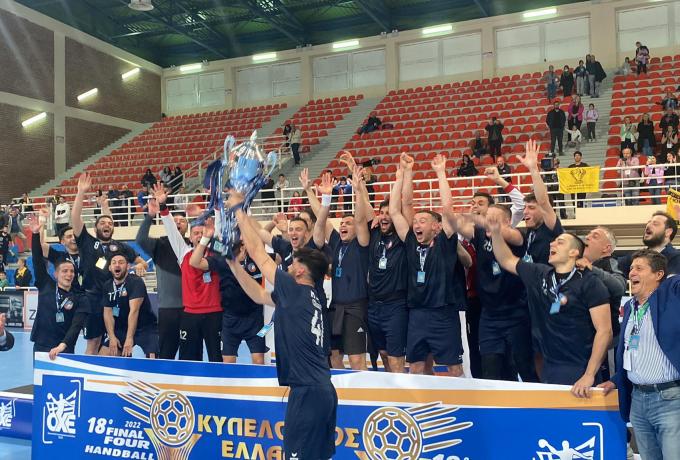
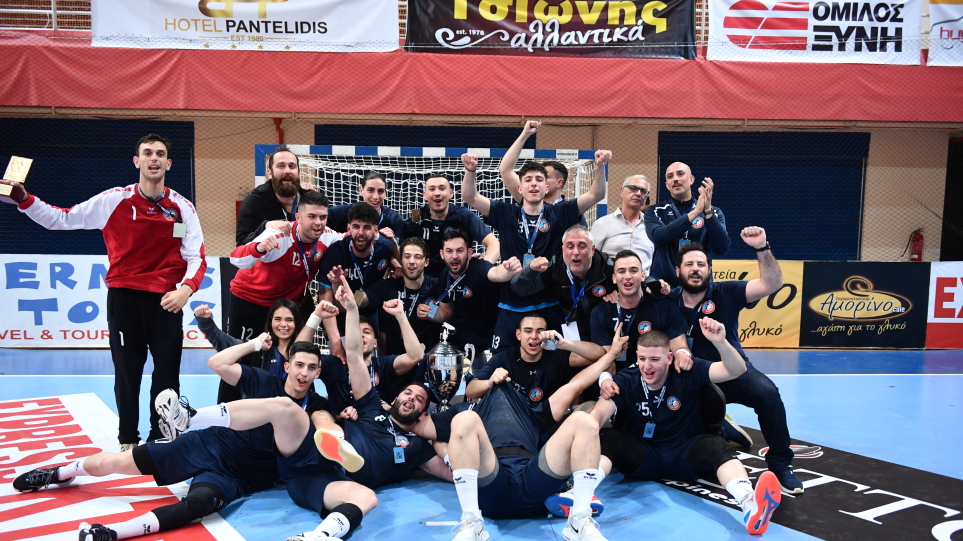
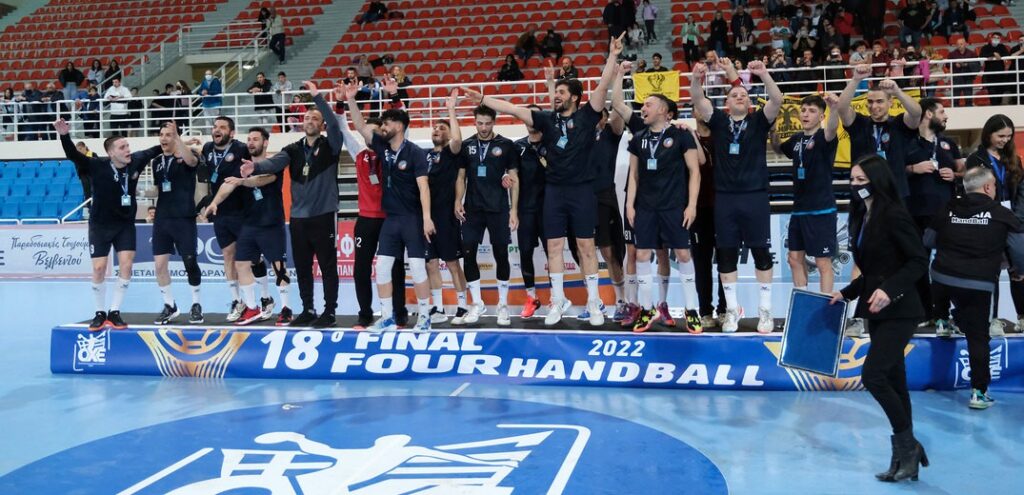
Bibliography
Yannis Zarotis
Psychologist-Sports Psychologist
The www. psychology. org. gr
Published in Runner no. 86, by Froso Patsou, MSc, Psychologist – Sports Psychologist, Scientific Associate of SEGAS


